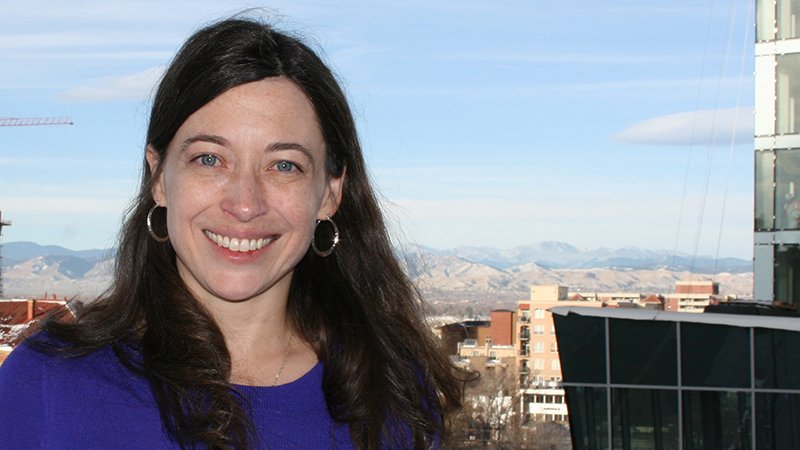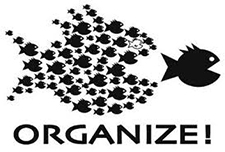The Power of Community Organizing

Photo by Rachel Mondragon
By Theresa Trujillo, The Colorado Trust
At The Trust’s first Health Equity Learning Series event of the year, Doran Schrantz, executive director of the faith-based organization ISAIAH in Minnesota, opened with some personal anecdotes as a reminder of the power of our stories in community organizing work. (You can watch Doran’s presentation and hear her stories here.) Our life stories are often why we organize, and sharing stories of transformation serve both as touchstones and motivators. We ask ourselves: How was I impacted by the conditions around me? How can I find meaning in those experiences? How can my story be a driver to act and make change? This is the process of politicizing our stories to increase our collective capacity for action.
 In talking about community organizing, it’s helpful to have a common definition. Community organizing is something we build and create; it does not just magically happen. It is a set of disciplined, strategic practices to build democratic and collective power to assure conditions in which a community can thrive. Thus, Doran’s link between community organizing and public health is: “it’s what we do collectively as a society, through organized action, to assure conditions in which all people can be healthy.” Throughout her presentation, she used concrete examples of community organizing as a pathway to improving public health.
In talking about community organizing, it’s helpful to have a common definition. Community organizing is something we build and create; it does not just magically happen. It is a set of disciplined, strategic practices to build democratic and collective power to assure conditions in which a community can thrive. Thus, Doran’s link between community organizing and public health is: “it’s what we do collectively as a society, through organized action, to assure conditions in which all people can be healthy.” Throughout her presentation, she used concrete examples of community organizing as a pathway to improving public health.
If health is based in large part on our living conditions, how do we change these conditions? For Doran, it is about growing the capacity to act through grassroots leadership development, community organizing and creating a theory of change rooted in reclaiming the word “power” (which she defines as “the ability to act”).
Doran used lots of clear examples—such as advocating for a higher minimum wage in Minnesota—of how these core strategies can advance health equity. It’s important to build both the skills of individuals as well as collective capacity to act and negotiate the interests of a group. Doran was clear that “if people don’t have the capacity to act and assure their conditions to be healthy, those conditions will not exist.” Her charge is to build power to change those conditions, and she left us with many questions to consider in our work: Are we creating ways for people to act with agency and power around their own interests and agenda? Who has the power to decide? How are we shifting the arrangements of power to change the distribution of money, power and resources?
Doran’s presentation and her dynamic discussion afterward fit beautifully with the work that I am beginning in the southeast part of the state, and that four other new Community Partners are undertaking elsewhere in greater Colorado. 2015 marks the beginning of the Trust’s Community Partnerships initiative, and Doran’s sentiments resonate as we get to know residents and community leaders, and hear from them about opportunities and barriers to advance health equity. There is much organizing to be done, and we’re looking forward to accompanying communities along this journey.
The 2015 Health Equity Learning Series continues on July 23 at the History Colorado Center and will feature Dolores E. Roybal, PhD, MSW, executive director of the Con Alma Health Foundation; and Yvonne Sandoval, MSW, executive director of the El Valle Women’s Collaborative, both based in New Mexico. Registration information will be posted online and provided via email closer to the event. Please visit the Health Equity Learning Series page on our website, or sign up to receive updates by email.